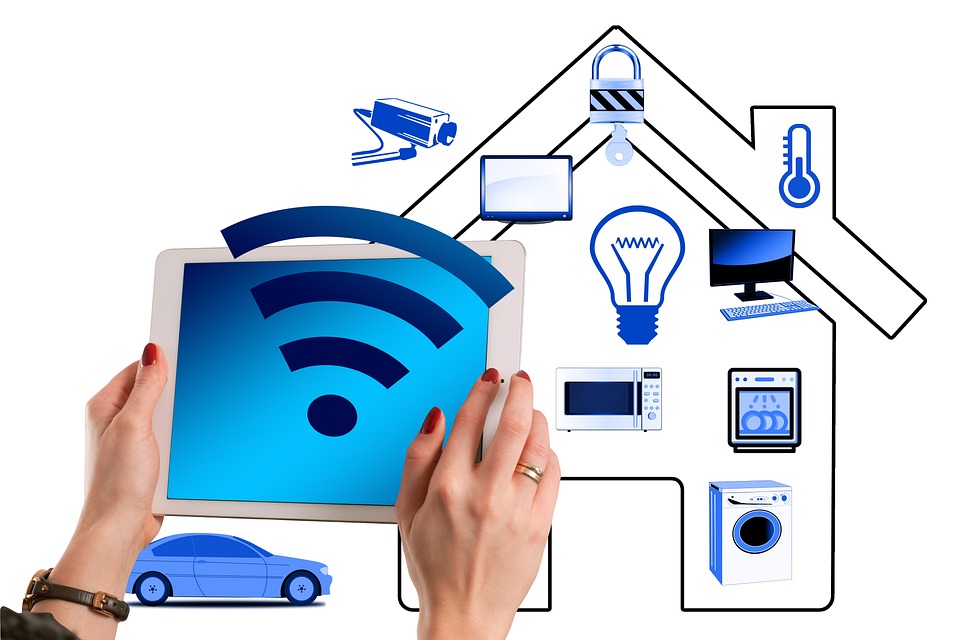In the face of global environmental challenges, the pursuit of energy efficiency has become a cornerstone of sustainable living. This comprehensive guide aims to shed light on the importance of energy efficiency, exploring its benefits, offering practical tips for homes, and emphasizing its role in shaping a greener, more sustainable future.
Understanding Energy Efficiency
1. Defining Energy Efficiency
Energy efficiency is a measure of how effectively a system converts input energy into useful output energy. In simpler terms, it involves using less energy to perform the same tasks, thereby reducing waste and environmental impact. In the context of homes and buildings, energy efficiency is achieved through strategic design, technology, and behavioral choices.
2. The Importance of Energy Efficiency
Embracing energy efficiency is vital for several reasons. Firstly, it reduces energy consumption, leading to lower utility bills for homeowners and businesses. Secondly, it mitigates the environmental impact of energy production, decreasing greenhouse gas emissions and other pollutants. Thirdly, energy efficiency enhances energy security by reducing dependence on non-renewable resources.
Implementing Energy Efficiency in Homes
1. Efficient Lighting Solutions
One of the simplest yet impactful ways to improve energy efficiency in homes is through efficient lighting solutions. LED bulbs, for example, use significantly less energy than traditional incandescent bulbs and have a longer lifespan. Additionally, incorporating smart lighting systems with motion sensors and timers further optimizes energy usage.
2. Insulation and Home Sealing
Proper insulation and sealing are essential components of an energy-efficient home. Insulating walls, attics, and floors helps regulate indoor temperatures, reducing the need for excessive heating or cooling. Sealing gaps and cracks in doors, windows, and other openings prevents energy leaks, ensuring that conditioned air stays inside, leading to substantial energy savings.
3. Energy-Efficient Appliances
Upgrading to energy-efficient appliances is a tangible way to reduce energy consumption at home. Energy Star-rated appliances, such as refrigerators, washing machines, and air conditioners, meet strict efficiency guidelines set by the U.S. Environmental Protection Agency. These appliances not only save energy but also contribute to lower utility bills over time.
4. Smart Thermostats for Climate Control
Smart thermostats offer precise control over home heating and cooling, optimizing energy usage. These devices learn user preferences and adapt to the daily routine, adjusting temperatures when occupants are away or asleep. Remote access through smartphone apps allows homeowners to manage their climate control systems efficiently, even from a distance.
The Role of Renewable Energy
1. Harnessing Renewable Energy Sources
While reducing energy consumption is crucial, transitioning to renewable energy sources further advances sustainability goals. Solar panels, wind turbines, and geothermal systems generate clean energy, reducing reliance on fossil fuels. Government incentives and advancements in technology have made renewable energy more accessible for homeowners and businesses alike.
2. Integrating Smart Grid Technology
Smart grid technology enhances energy efficiency on a broader scale. It involves the use of advanced sensors, communication, and control technologies to optimize the generation, distribution, and consumption of electricity. By intelligently managing energy flow and identifying areas of inefficiency, smart grids contribute to a more resilient and efficient energy infrastructure.
Energy Efficiency Tips for a Green Home: Sustainable Living Made Easy
In the pursuit of sustainable living, individuals are seeking practical tips to make their homes more energy-efficient. This long-tail keyword explores actionable advice for homeowners, covering areas such as efficient lighting, insulation, appliance choices, and the integration of renewable energy sources.
Conclusion
In conclusion, energy efficiency stands as a powerful tool in the quest for a sustainable and environmentally conscious future. From small, everyday changes within homes to larger-scale transitions to renewable energy sources, every effort contributes to reducing our collective carbon footprint. By understanding the importance of energy efficiency and implementing practical measures, individuals and communities can play a crucial role in shaping a world where resources are used wisely, environmental impact is minimized, and a greener, more sustainable future is within reach.




